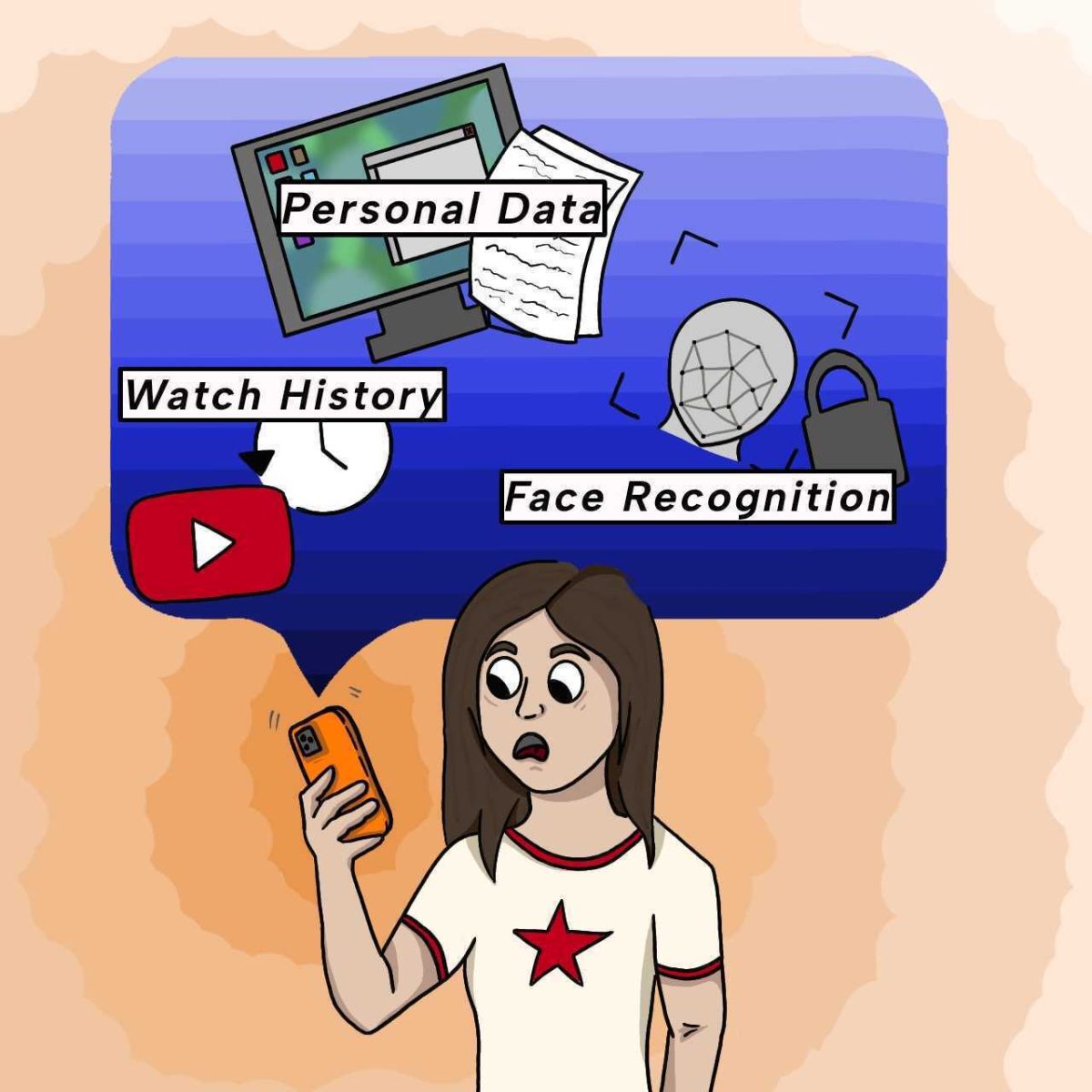Vaccinations, especially during the COVID-19 pandemic, have been a major point of debate. Individuals should not be required to get any vaccine; the decision should be left up to the individual.
Vaccine mandates could be considered an infringement upon individual autonomy. This autonomy is a fundamental human right and should extend to vaccination decisions.
Most vaccines are recommended instead of required; however, depending on the state, certain places require vaccines, such as schools, according to the Centers for Disease Control and Prevention.
NIU requires both domestic and international students to have three tetanus, diphtheria and pertussis shots, two measles, mumps and rubella shots, and a meningococcal vaccine, according to NIU Health Services. However, NIU does have a religious exemption, according to NIU Health Services.
Traveling also requires vaccinations if people are entering the U.S. from other countries, according to the U.S. Department of Health and Human Services.
Vaccines are not guaranteed to prevent people from getting sick or from getting diseases, but vaccines could reduce the severity of the disease or sickness, according to the Centers for Disease Control and Prevention.
Vaccines should still be carefully considered due to their life-saving benefits, but individuals should decide for themselves whether they want the vaccine.
Individuals should have better communication with their clinician to fully understand the risks and benefits that come from vaccines. Any vaccine could have risks and side effects, according to the Centers for Disease Control and Prevention.
Jason Hanna, an NIU philosophy professor, said trust between patients and doctors is crucial, especially regarding vaccinations.
“Morally a lot of people have said if you want an effective public health system, you need trust in that system, and a lot of people think one way to build trust is to have a public health system that’s honest with people,” Hanna said.
Hanna said there are more effective measures than the law when it comes to vaccinations.
“It might be that even though in principle there’s nothing wrong with requiring people to be vaccinated, there are measures other than the law that can be more effective in inducing them to become vaccinated,” Hanna said.
By understanding potential risks and benefits of vaccines, citizens could make an informed decision about whether getting vaccinated is right for them.
When it comes to infectious diseases and life-saving vaccinations, individuals should strongly consider getting vaccinated. Getting vaccinated should be encouraged, not compulsory or forced.
Hanna said some argue getting vaccinated for infectious diseases does not go against individual autonomy.
“A lot of people would say, you know, if we’re requiring people to be vaccinated for infectious diseases, the kind of disease that can be spread to other people, that we’re really not imposing on their autonomy, we’re just preventing them from basically engaging in a kind of behavior that risks harming others,” Hanna said.
Historically, there has been hesitancy surrounding the safety and effectiveness of vaccines, for reasons such as lack of awareness and lack of information or misinformation, according to the National Library of Medicine.
There are many required vaccines for Illinois children, such as polio, measles and hepatitis B, according to the Illinois Department of Public Health. Yet, DeKalb County has an estimated hesitancy of 7.96%, according to the Centers for Disease Control and Prevention.
At the end of the day, people should have the right to make the choice about their own bodies and vaccinations; society has a responsibility to respect that choice.




















